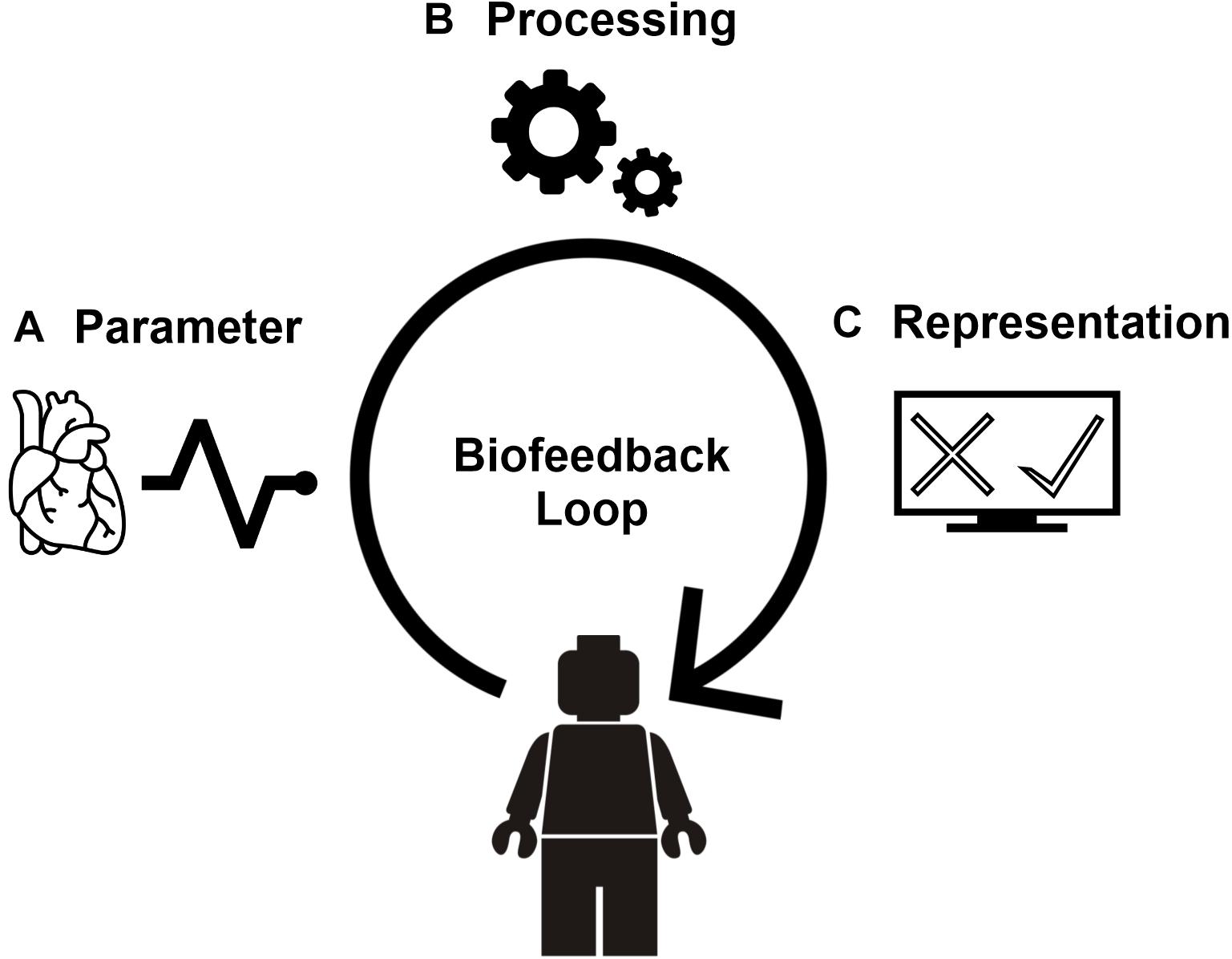Investigating How Slumber Disorders Disrupt Brainwave Activity as well as Impact Cognitive Performance
Investigating How Slumber Disorders Disrupt Brainwave Activity as well as Impact Cognitive Performance
Blog Article
Slumber is an crucial part of our daily lives, allowing our bodies and minds to rest and rejuvenate. However, many people experience from slumber disorders, which can significantly disturb slumber patterns. These disorders can lead to various issues, including alterations in neural wave activity. Neural waves are electronic signals in the mind that reflect our mental state and function. When sleep is disturbed, the normal patterns of neural waves can be impacted, leading to problems with cognitive function, such as memory, attention, and judgment.
There are various types of slumber disorders, including sleeplessness, sleep apnea, and unsettled leg syndrome. Insomnia is defined by difficulty going or remaining asleep, while sleep apnea entails pauses in breathing during slumber. Restless leg syndrome induces uncomfortable feelings in the legs, leading to an irresistible urge to shift them. Each of these disorders can disrupt the normal slumber cycle, which consists of various stages, including light sleep, profound sleep, and REM (rapid eye movement) sleep. Each stage holds a crucial role in preserving overall brain health and function.
When slumber disorders interfere with these stages, brainwave activity can become erratic. For example, during profound sleep, the brain produces gentle delta waves, which are important for physical restoration and recall consolidation. If a person undergoes repeated awakenings or does not reach profound sleep, the generation of these delta waves is diminished. This can result to difficulties in learning new knowledge and retaining memories. Additionally, REM sleep, which is linked with dreaming and affective processing, is also affected. Disruptions in REM Extra resources sleep can lead to issues with emotional regulation and inventiveness.
The effect of sleep disorders on cognitive function is substantial. Research has shown that individuals with slumber disorders often experience difficulties with attention and concentration. This can affect their performance at educational institutions or work, making it challenging to complete tasks or engage in discussions. Furthermore, chronic sleep deprivation can lead to emotional changes, increased stress, and even nervousness or depression. These cognitive and affective challenges can create a cycle, where poor sleep results to mental difficulties, which in turn can lead to more sleep problems.
Tackling slumber disorders is crucial for enhancing neural wave activity and cognitive function. Treatment options may encompass lifestyle changes, such as creating a consistent sleep schedule, establishing a cozy slumber environment, and engaging in relaxation techniques. In some cases, medical intervention may be necessary, such as employing a CPAP machine for sleep apnea or medication for sleeplessness. By prioritizing sleep and seeking appropriate treatment, individuals can enhance their overall mental abilities and boost their quality of life. Understanding the connection between slumber disorders, brainwave activity, and cognitive function is an essential step toward better health and well-being.